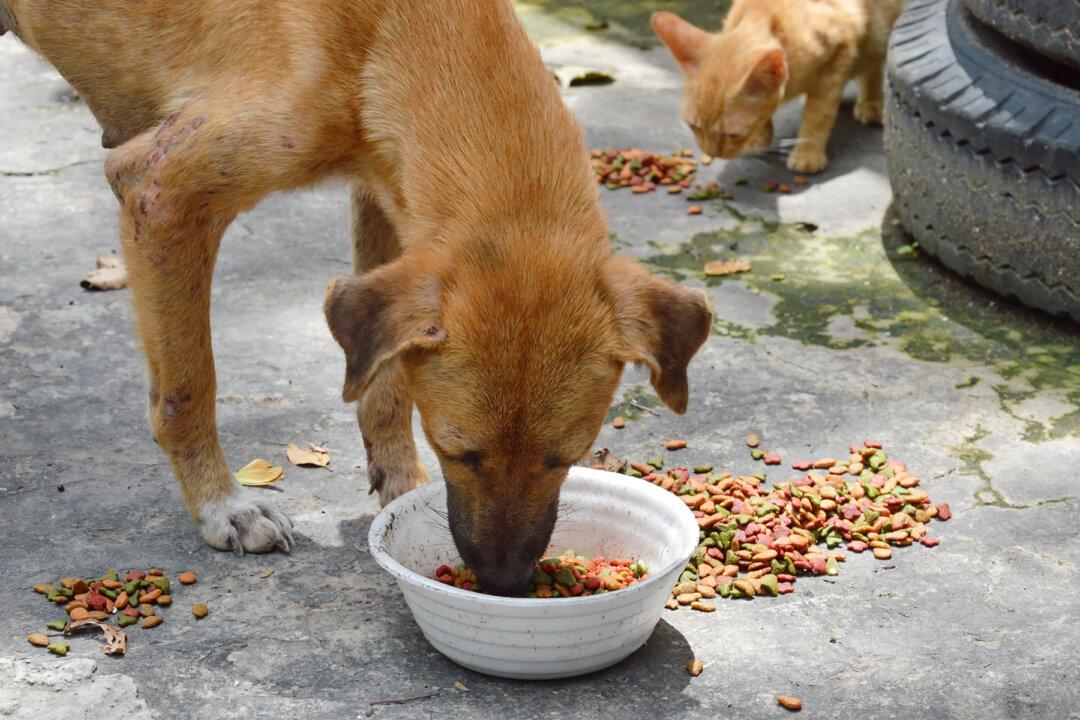Fernando Kushner used to be a publicist for luxury fashion brands such as Chanel and Bulgari. These days, he’s ditched the briefcase and you’re more likely to see him driving in his minibus around the streets of La Paz. Kushner is on a mission to feed the Bolivian city’s sizeable community of stray dogs.
“I’ve given up everything for my dogs,” Kushner told the BBC. “Romances, family, career—everything.”




